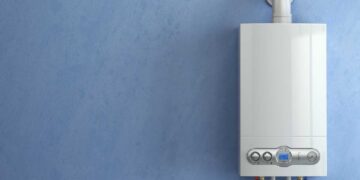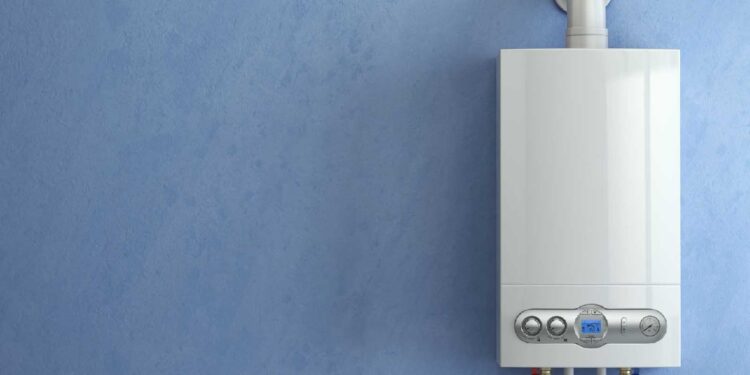When it comes to ensuring a constant supply of hot water in your home or business, choosing the right water heater is essential. With numerous options available, each with its own advantages and disadvantages, understanding the different types of water heaters can help you make an informed decision. At High Efficiency LLC, we specialize in providing solutions that combine reliability, efficiency, and sustainability. This guide will explore the most common types of water heaters, helping you choose the best option for your needs.
1. Tank Water Heaters (Storage Water Heaters)
Tank water heaters, also known as traditional storage water heaters, are one of the most widely used types. These units store a large volume of water in a tank, typically ranging from 20 to 80 gallons, which is then heated and kept at a constant temperature. When hot water is needed, it is drawn from the tank, and more cold water enters to replace it.
Pros:
- Relatively inexpensive to purchase and install.
- Simple to operate and maintain.
- Available in various sizes to meet different household needs.
Cons:
- Can be inefficient since water is constantly being heated and stored, leading to energy losses.
- Limited hot water supply based on tank size, which may run out during high-demand periods.
2. Tankless Water Heaters (On-Demand Water Heaters)
Tankless water heaters, also known as on-demand or instantaneous water heaters, heat water only when it’s needed. They do not store water, instead, water flows through the unit and is heated by either gas or electricity as it passes through. This type of water heater is ideal for households or businesses with limited space or those who require hot water on demand.
Pros:
- Highly energy-efficient, as they only heat water when necessary.
- Compact and space-saving design, ideal for small homes or apartments.
- Provides an endless supply of hot water as long as the unit can handle the demand.
Cons:
- Higher initial cost and installation fees.
- Limited output for larger households or when multiple outlets are using hot water simultaneously.
3. Heat Pump Water Heaters (Hybrid Water Heaters)
Heat pump water heaters use electricity to move heat from one place to another, rather than generating heat directly. They extract heat from the surrounding air and use it to heat the water in a tank. This process is highly efficient, and as a result, these units typically use up to 60% less energy than traditional electric water heaters.
Pros:
- Extremely energy-efficient, resulting in significant cost savings over time.
- Environmentally friendly, as they rely on renewable energy from the surrounding air.
- Ideal for warm climates.
Cons:
- Higher upfront cost and installation complexity.
- Can be less effective in colder climates, where the surrounding air is not as warm.
4. Solar Water Heaters
Solar water heaters utilize solar panels to collect sunlight and convert it into heat, which is then transferred to the water in the tank. These systems are often used in regions with abundant sunshine and are a great eco-friendly option for reducing energy bills.
Pros:
- Highly sustainable and energy-efficient, with minimal operating costs.
- Reduces reliance on fossil fuels and reduces greenhouse gas emissions.
- Ideal for warm, sunny climates.
Cons:
- High initial cost for installation.
- Efficiency can be reduced on cloudy or rainy days, requiring a backup system.
5. Condensing Water Heaters
Condensing water heaters are similar to tank water heaters but are designed to be more efficient. They use the exhaust gases from combustion to pre-heat the cold water entering the unit, which results in less energy being required to heat the water to the desired temperature.
Pros:
- High energy efficiency, making them a good choice for larger households.
- Suitable for homes that already have a gas supply.
- Lower operating costs compared to traditional gas water heaters.
Cons:
- Higher upfront costs and more complex installation.
- Requires a special venting system due to the condensation process.
Conclusion
Choosing the right type of water heater is crucial for both your comfort and energy savings. Each type has its unique benefits, and the ideal choice depends on your household’s water usage, budget, and energy efficiency goals. At High Efficiency LLC, we’re committed to helping you find the most efficient water heating solution for your home or business. Whether you prefer the traditional reliability of a tank water heater or the energy-saving benefits of a tankless or solar option, our experts are here to guide you every step of the way.
For more information and expert advice on water heaters, visit High Efficiency LLC.






























































